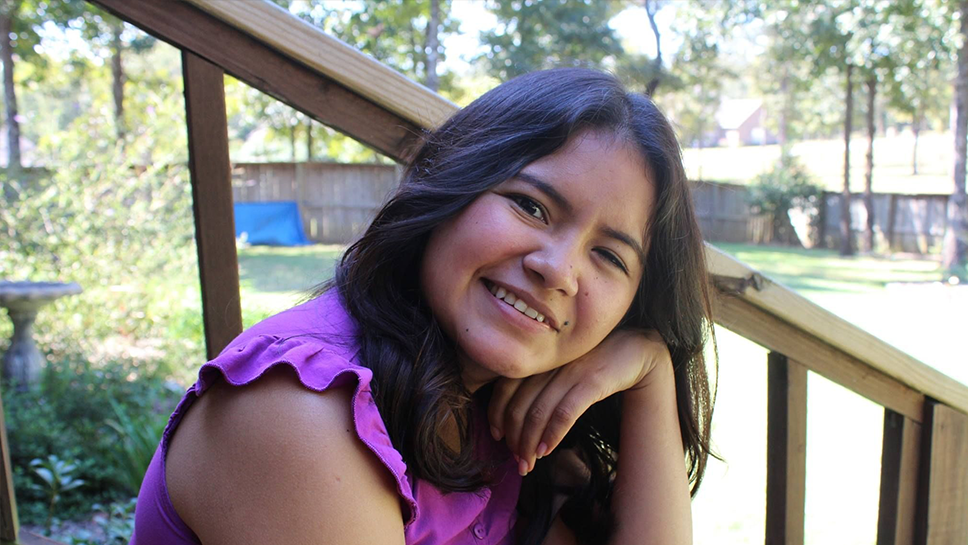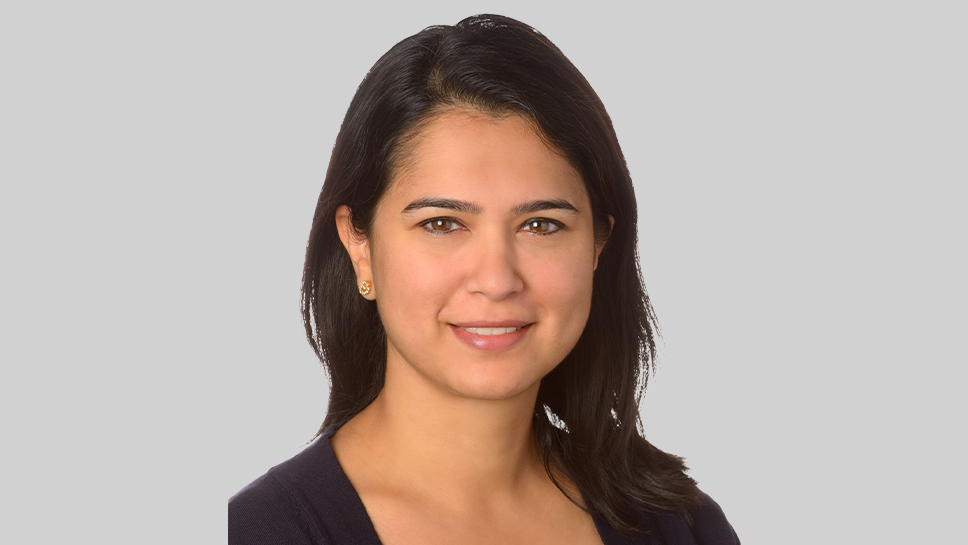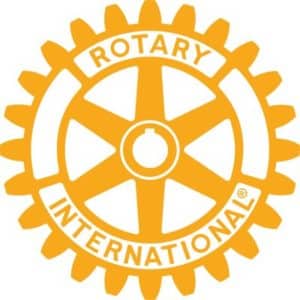Fortaleza is a community support group for teen mothers and at-risk girls in Zone 3 of Guatemala City. Fortaleza is the Spanish word that means both strong refuge and strength. It is important to appreciate that the communities are plagued with a multigenerational cycle of young pregnancies, single mothers, broken families, violence, and a severe lack of health care. However, we hope to be a place of refuge for the strong women we work alongside.
In 2019, Fortaleza’s pilot year, we were able to give 40 hours of mentorship and education to the 9 women that consistently attended our bi-weekly meetings. The women found an integral support group in one another and a wonderful mentor in Katie Rosales, the leader of the group. Their bond was so beautiful that one of our participants, Ely, even stated that Fortaleza “is the most important family she’s ever had”. Not only did we see amazing progress in the mental health of these women, but we also saw them take an interest and care of their own physical well being. In fact, after learning about reproductive health, healthy relationships, and family planning, 100% of the teen moms in our group took steps to prevent a second pregnancy in their teenage years by getting a five year intrauterine device (or IUD) from a local clinic.
This year as Fortaleza continues to meet bi-weekly, we will focus on bringing in experts on parenting, appropriate discipline, how trauma affects behavior and the brain, anxiety and other critical topics for our participants. These specific topics were selected based on the discussions we had throughout our pilot year, observing the women’s behavior and home environments, and requests from the women. In fact, these communities are labeled as Red Zones in Guatemala; areas classified as neighborhoods where violence, family brokenness, and crime rates are particularly high.
Another core focus is the women’s education. A key finding we had last year was that to work in the formal economy in Guatemala, often jobs with the most protection and laboral rights, an employee must have a high school diploma. Unfortunately, none of the teen moms in our group have one. We decided to empower Fortaleza’s teen moms and the young girls still in school to prioritize their education. With great excitement we share that one of our teen mothers has decided to go back to get her high school diploma. We have committed to giving her a scholarship and the emotional support she needs to achieve this goal.
“THIS IS THE MOST IMPORTANT FAMILY I'VE EVER HAD"
– Fortaleza Participant
100%
ACCESS COUNSELING
Gaining access to life tools to manage trauma on a personal and group level
100%
ACQUIRED IUDs
Percentage of mom’s in the group took the steps to not have a second baby in their teenage years through acquiring an IUD at a local medical clinic.
44%
TEEN MOTHERS
Estimated number of babies born to teen mothers in the communities we work alongside.
FORTALEZA LEADERSHIP COMMITTEE

FORTALEZA LEADER
Katie Rosales
Katie Rosales serves at Chosen People International as their communications coordinator, and also serves at HOPE’S IN as their program coordinator for Fortaleza in Guatemala City.
Katie has a marketing degree from Harding University, AR. Katie received a full-ride scholarship to attend college in the United States through the prestigious Walton International Scholarship Program. In Guatemala, reports show that .01% of people obtain a college degree. This statistic and others make Katie all the more remarkable.
Katie met Courtney McGovern when she was a student at a local organization’s tutoring program called Potters House Association. The two became friends and shared a passion for serving and even dreamed of working together one day. Katie got fully involved with HOPE’S IN in 2018 when Courtney and she started talking about serving young mothers and at-risk teenagers in Zone 3 of Guatemala City. One idea and dream led to another, and that is how Fortaleza was born. Katie now leads the Fortaleza program which has been serving ten young mothers and at-risk teenagers for almost two years now.

FORTALEZA
Dr. Lavanya Shankar
Dr. Shankar reflects on her time in Guatemala, and says: “One of my favorite memories in Guatemala was when the teen volunteers created a makeshift pharmacy behind a counter in a building where we set up our medical clinic. After a few quick lessons on dosing regimens of commonly prescribed medications, the young volunteers created a quick process of getting the prescription over to the “pharmacy” and filled the prescription and got the patient taken care of under our supervision! Lickety split!”


